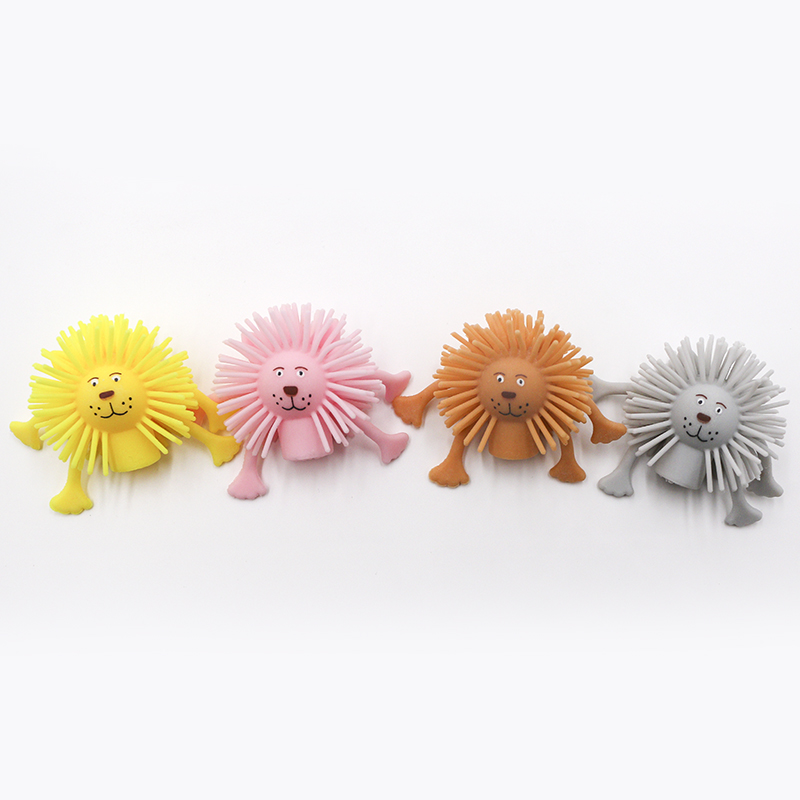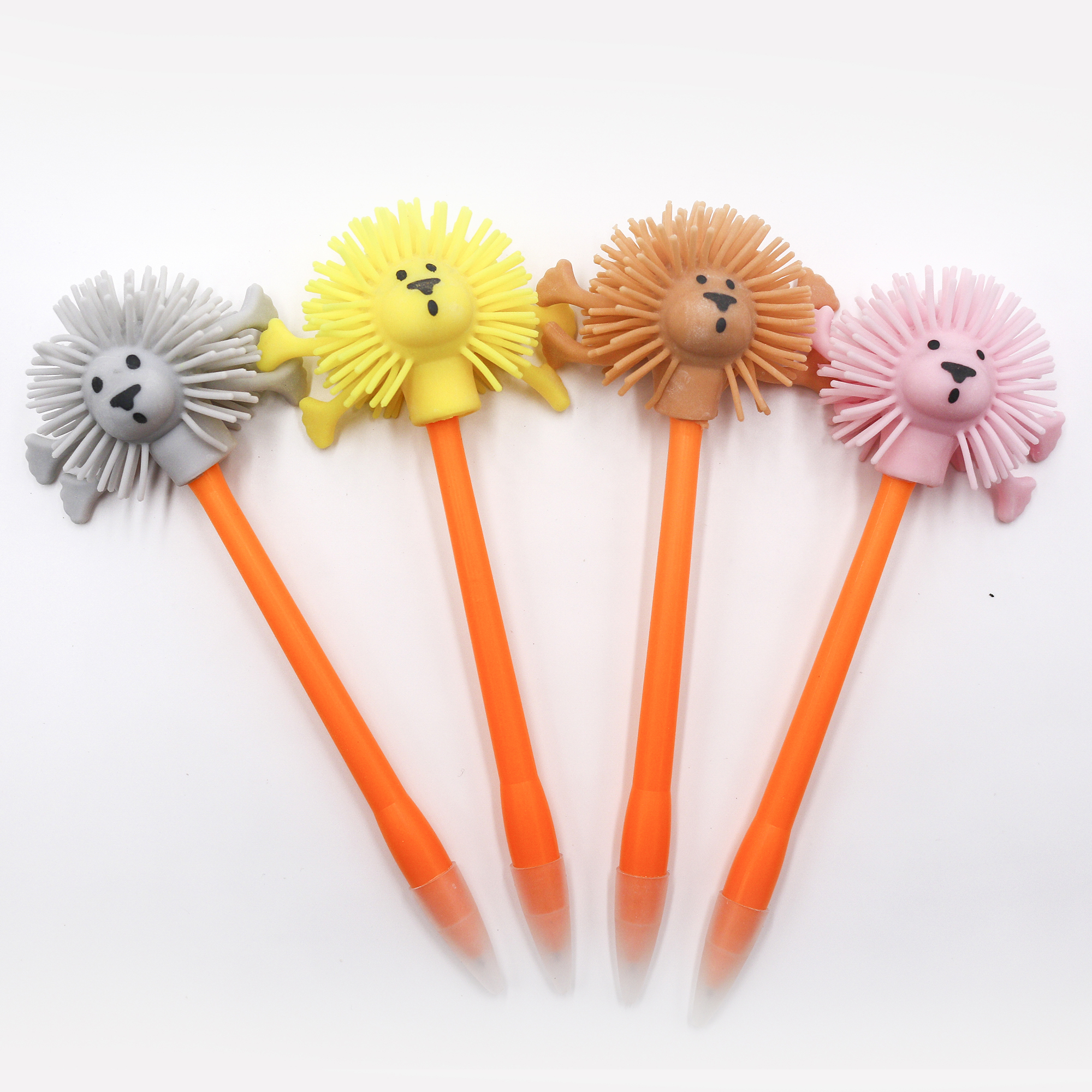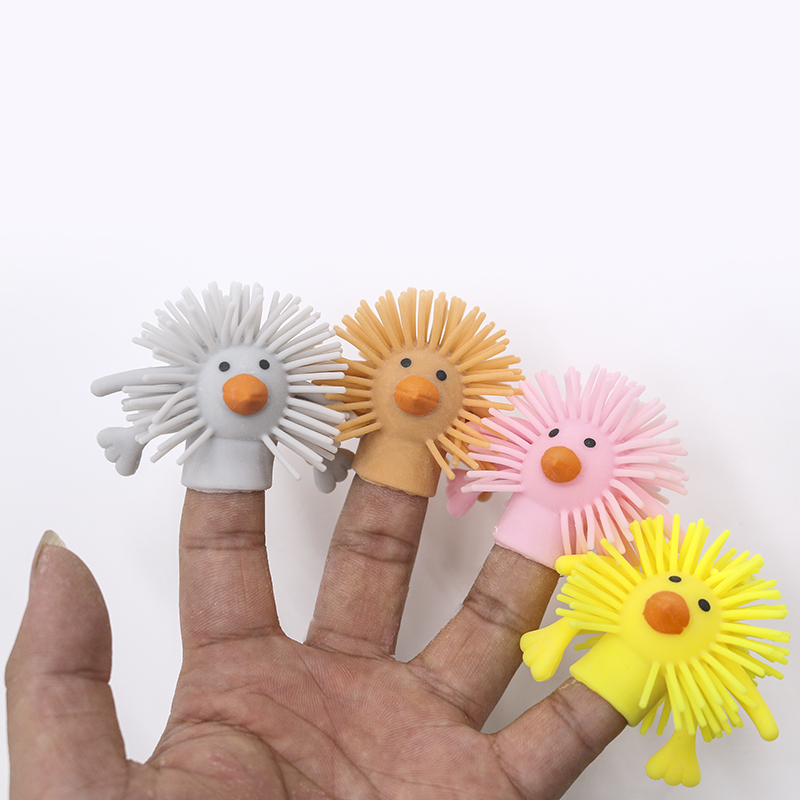How do the children play with finger puppet toys?
How do the children play with finger puppet toys?
Preschoolers and kindergartners have longer attention spans than toddlers. Typically they talk a lot and ask a lot of questions. They like to experiment with things and with their still-emerging physical skills. They like to play with friends—and don’t like to lose! They can take turns—and sharing one toy by two or more children is often possible for older preschoolers and kindergarteners.

What age do kids play with puppets?
Things for pretending and building—many blocks for building complex structures, transportation toys, construction sets, child-sized furniture , dolls with accessories, puppets, and sand and water play toys. These are good toys for 3- to 6-year-olds.
Play doesn't just raise the giggle stakes, it's actually essential to child development. In fact, play, from peek-a-boo to finger puppets contributes to a whole load of cognitive, physical, social, emotional and well-being benefits for our kids.

Even a simple activity like playing or making finger puppets with your toddler is loaded with positive developmental outcomes. Playing finger puppets develops skills that are perfect for the toddler age group.
Finger Puppets for Fun and Cognitive Development
Cognitively, finger puppets help toddlers to develop hand-eye coordination. They also help kids to understand different perspectives and to develop empathy. Finger puppets can be used to teach turn-taking and conflict resolution, as well as building fine motor skills.
Indeed, it might seem like simple fun, but research has shown that finger puppet play helps teach motor control, self-control, memory, social skills and vocabulary and language skills. Additionally, if you incorporate sound – through singing, for example, or inviting the child to make a sound for each puppet – this can prompt additional nerve growth. Science shows us that the cerebellum (or “the little brain”, which plays an important role in motor control and cognitive functions) is five per cent larger in musicians, suggesting it’s a great idea to combine finger-play, songs, and rhymes.
And don't be rushed! Find sufficient time and space to play with your toddler. Schedule uninterrupted playtime and prioritise it – it's essential to kids' development.

6 Ways to Use Finger Puppet Play to Increase Confidence
Use the finger puppets to role play meeting someone. “Hi, what’s your name?” “How old are you?”
Prepare your child for a new experience (like a doctor’s appointment or playdate) through finger puppet play. Act out what may happen during the new experience either with your child so they can practice in the new situation or (for a reluctant child) with another finger puppet so they can watch what happens.
Have the finger puppets give your child encouragement. “You worked really hard building that tower!” “You showed a lot of courage going down that fireman pole!”
Re-do difficult situations, so your child has a chance to figure out a better alternative. For example, if your child had a challenging time in a shop the other day (perhaps they got upset when they were not allowed to buy a food they wanted), act out the scenario in a new way so they have the chance to try something different. “Oh I see you really, really want those lollies! What yummy fruit can you choose instead? Delicious strawberries sounds great!”
Let the finger puppets give your child language skills to express themselves, especially around choices and emotions. Just letting your child hear and see these phrases in action gives them a model to work off. “I’m feeling really sad right now.” “I’m sorry. I would like to make a different choice now.”
Empower your toddler by having a finger puppet ask them for help. “Can you help me with this puzzle?” “Can you show me where the bathroom is?” Giving your toddler an opportunity to help others lets them know they have skills and abilities to contribute to the people around them. Feeling useful is a great confidence booster!
Play is therapeutic for children and reaches them on a much deeper level than a string of words without the playful context. Do you have any finger puppets that could help your child process some experiences or work through new ones? Feel free to share ideas or ask questions in the comments below!

